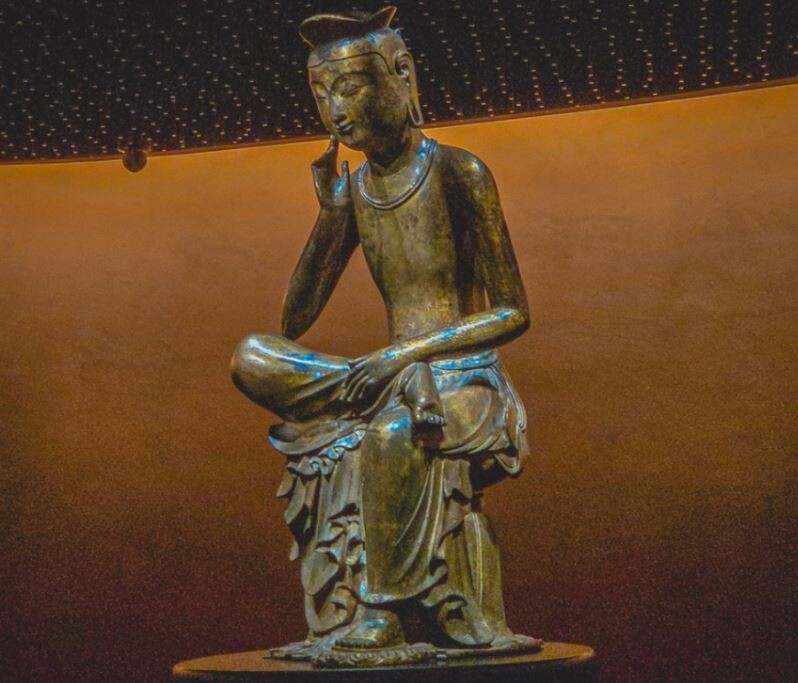When the National Museum of Korea announced that it had surpassed five million visitors for the first time in its 80-year history, the news rightly drew headlines. It is a monumental achievement — a symbol of how far Korea’s cultural presence has come, both at home and abroad. Yet, while this figure deserves celebration, it also invites a deeper question: what comes next?
The museum’s record-breaking year reflects the global fascination with Korean culture — from K-pop and K-dramas to K-art. Netflix’s “K-Pop Demon Hunters” may have played a part, drawing younger audiences to rediscover Korea’s heritage. But numbers, however impressive, are only one measure of cultural success. If we view this achievement merely as a statistical triumph, we risk overlooking what museums are truly meant to do: foster reflection, dialogue, and intellectual curiosity.
The real challenge begins now. The National Museum of Korea must ask how to transform this surge in attendance into sustainable cultural engagement. It is one thing to attract visitors; it is another to inspire them. A museum is not an amusement park — its value lies not in foot traffic, but in how deeply it connects people to history, identity, and shared meaning.
That requires vision. It means investing in better interpretation programs, multilingual accessibility, and deeper research partnerships that position the museum as a leader in Asian art history. It means building digital archives that reach classrooms across the world. And most of all, it means ensuring that every visit — whether by a schoolchild from Jeonju or a tourist from Paris — becomes an encounter with something lasting, not just a fleeting photo moment.
The National Museum of Korea has entered the ranks of the world’s great institutions. But greatness is not defined by how many people walk through the door — it is defined by how many walk out changed.
So yes, five million visitors is a milestone. But it should also be a beginning — a reminder that cultural progress, like history itself, never stands still.
SayArt.net
Jason Yim yimjongho1969@gmail.com

















